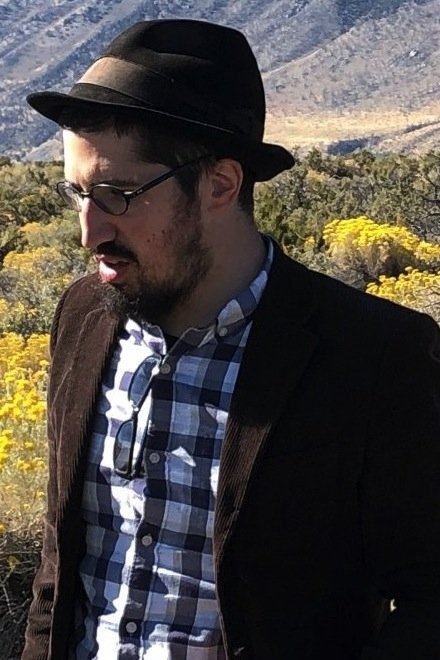

Filmmaker, film historian, biographer, and professional film archivist Daniel Kremer grew up in Pittsburgh, Pennsylvania. He graduated Temple University's film program and now lives in San Francisco. In 2007, while living in Philadelphia, he directed his first feature Sophisticated Acquaintance (2007). His second feature A Trip to Swadades (2008), which was shot on black-and-white super-16mm film, won three Best Feature Film awards. Following that film's international festival tour (which included Rotterdam), he moved to New York City, where he lived for nearly seven years. At one point, he studied to be an Orthodox rabbi, but gave it up to continue pursuing film. In 2011, he completed his acclaimed follow-up feature, The Idiotmaker's Gravity Tour (2011). The film was lensed predominantly in India. Subsequent to that, he directed Raise Your Kids on Seltzer (2015), Ezer Kenegdo (2017), Overwhelm the Sky (2019), and Even Just (2020) in the San Francisco Bay Area, using independent filmmaking icon Rob Nilsson's regular cast and crew. The critically lauded Overwhelm the Sky was given special coverage for having been released in the classic epic "roadshow" format, and was picked up for distribution by Kino Lorber. His partly autobiographical cinema-themed essay documentary It's a Zabriskie, Zabriskie, Zabriskie, Zabriskie Point (2023) garnered raves from the British Film Institute, veteran critic Gerald Peary (For the Love of Movies), and many others. Kremer has screened work at the Toronto International Film Festival (TIFF), the Joseph Conrad Festival in Krakow, Poland, Maryland International Film Festival, San Francisco Independent Film Festival, Brussels International Film Festival, Glasgow Film Festival, the International Film Festival Rotterdam, Fantasporto Film Festival in Porto, Portugal, Rivers Edge International Film Festival, Mill Valley Film Festival, and many other international venues. His second book, currently in editing at Oxford University Press, is the first to cover filmmaker Joan Micklin Silver (Hester Street, Chilly Scenes of Winter, Crossing Delancey). His first book, about the life and career of filmmaker Sidney J. Furie (The Ipcress File, Lady Sings the Blues, The Boys in Company C, The Entity), was published by University Press of Kentucky's Screen Classics Series in November 2015. His third book, now being researched, will be the first to cover the life and career of classic Hollywood director Irving Rapper (Now Voyager, The Corn is Green, The Brave One, Marjorie Morningstar). As a film scholar, he has provided DVD/Blu-Ray commentary tracks for sixteen companies. As a Trailers from Hell guru, he is listed alongside other gurus like Guillermo del Toro, Luca Guadagnino, Eli Roth, Joe Dante, Edgar Wright, John Landis, Roger Corman, John Sayles, and many others.
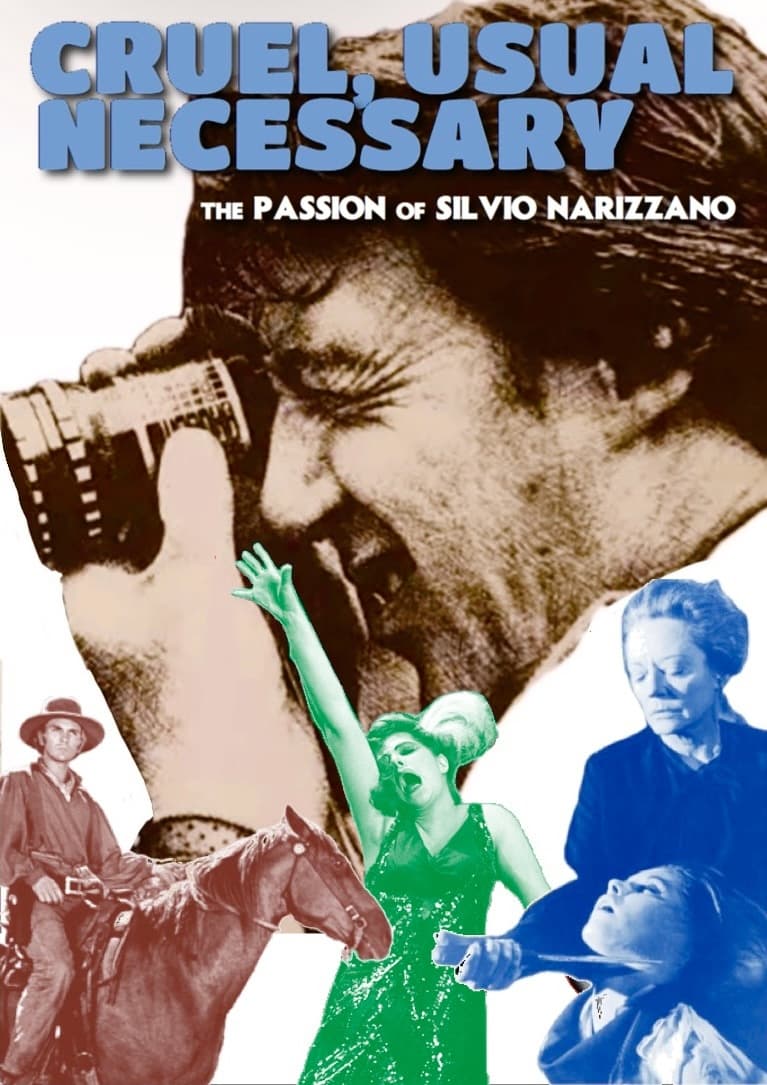
Perhaps at first glance, the filmography of Silvio Narizzano appears...
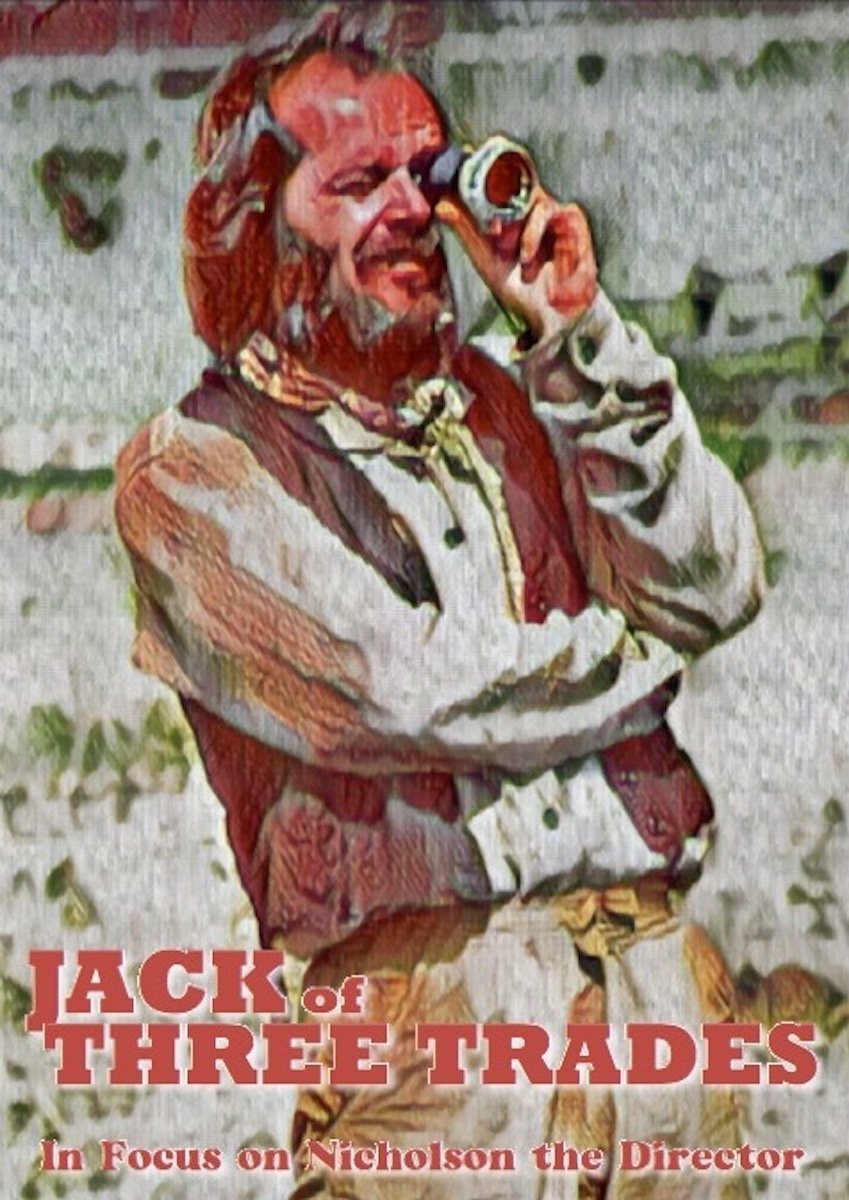
We all know Jack Nicholson the actor. But few know...
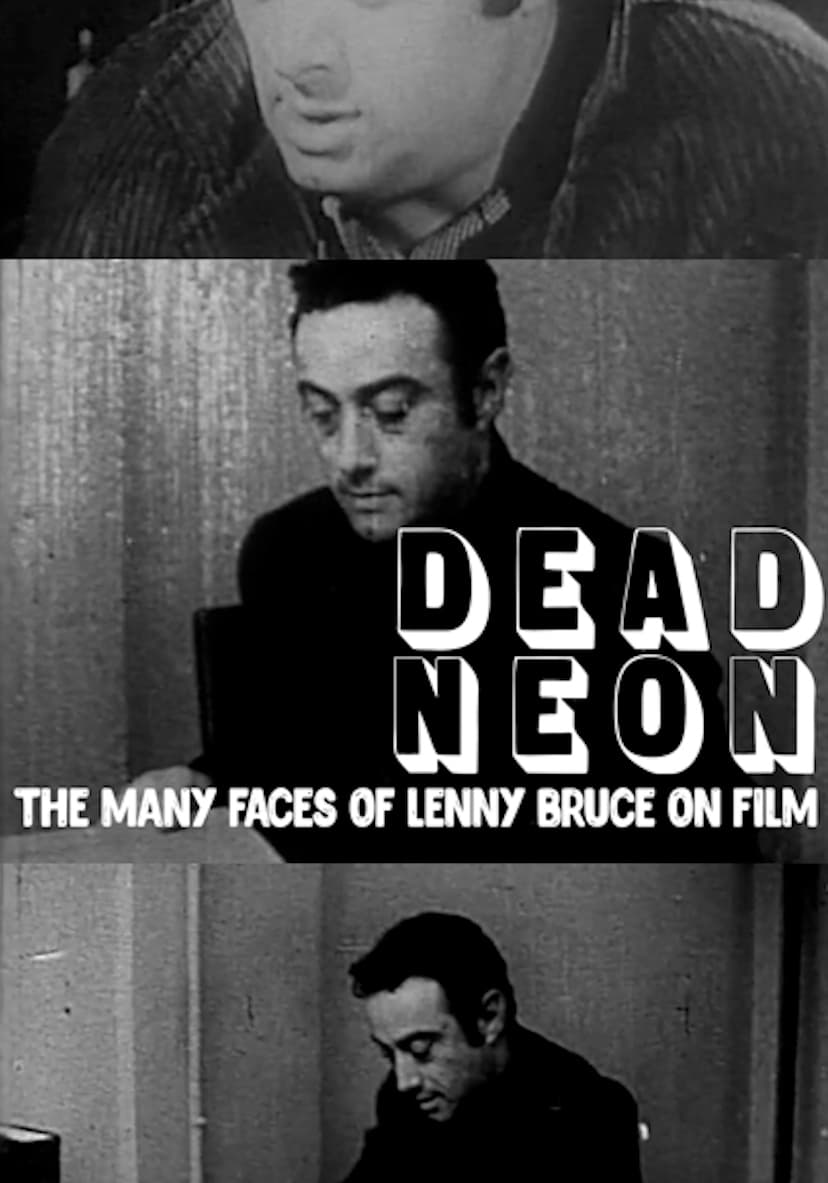
Lenny Bruce's depiction on film did not start or end...
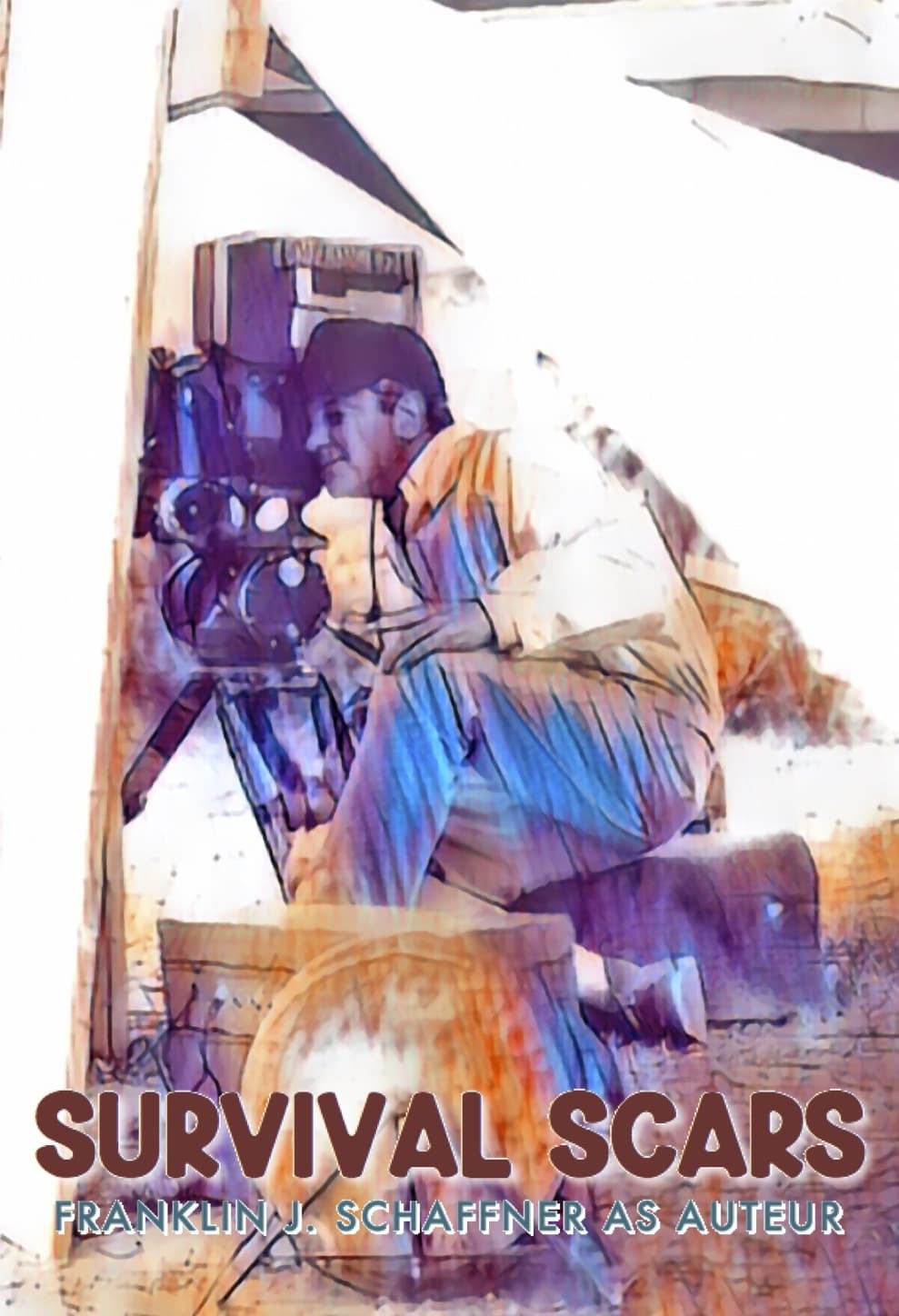
Franklin J. Schaffner is the man behind a great many...
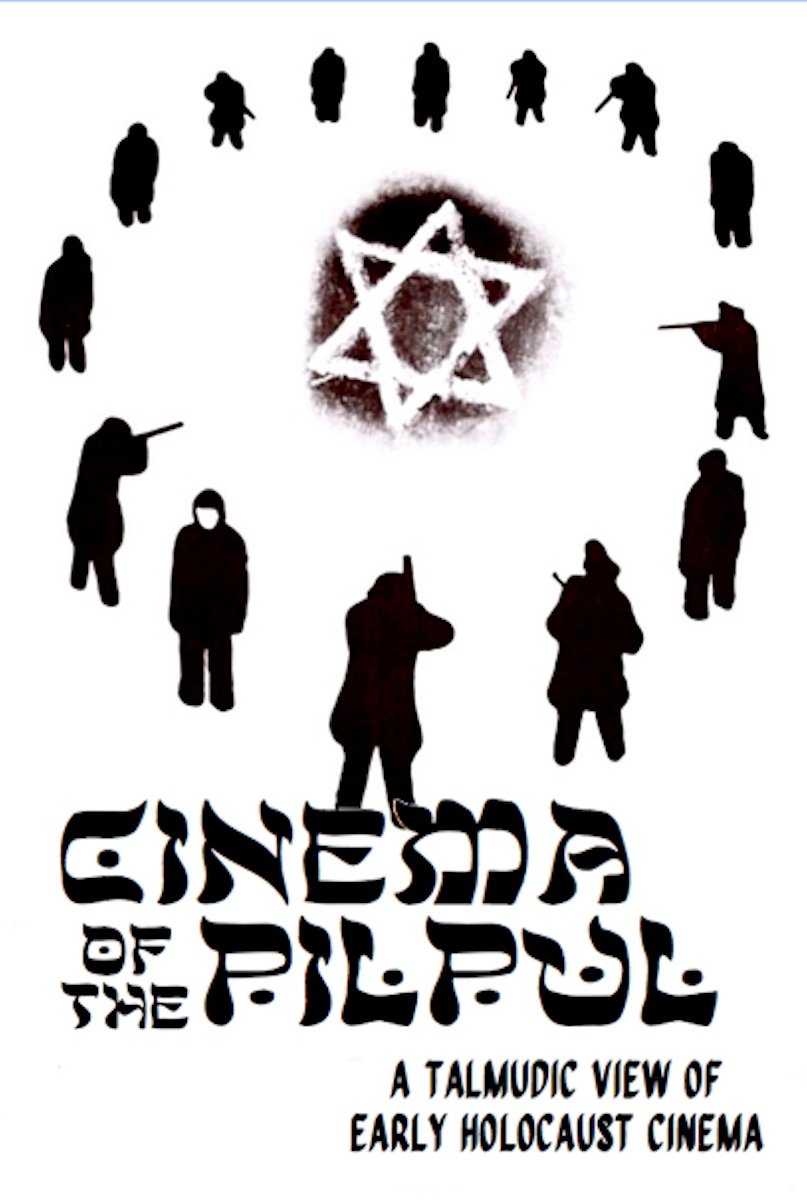
The most that mainstream culture knows of the Talmud is...
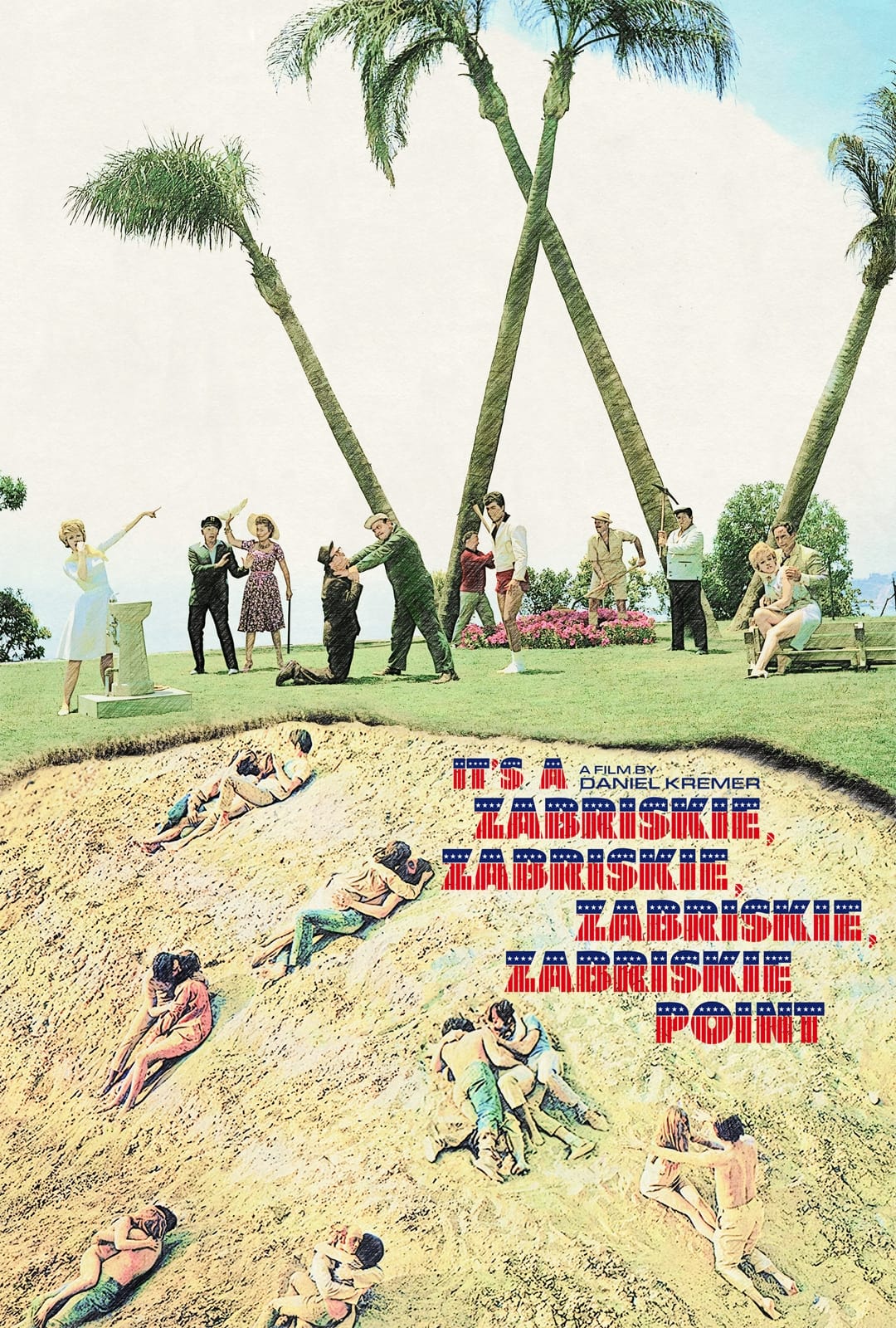
Worlds collide in this unconventional essay film, when filmmaker, film...
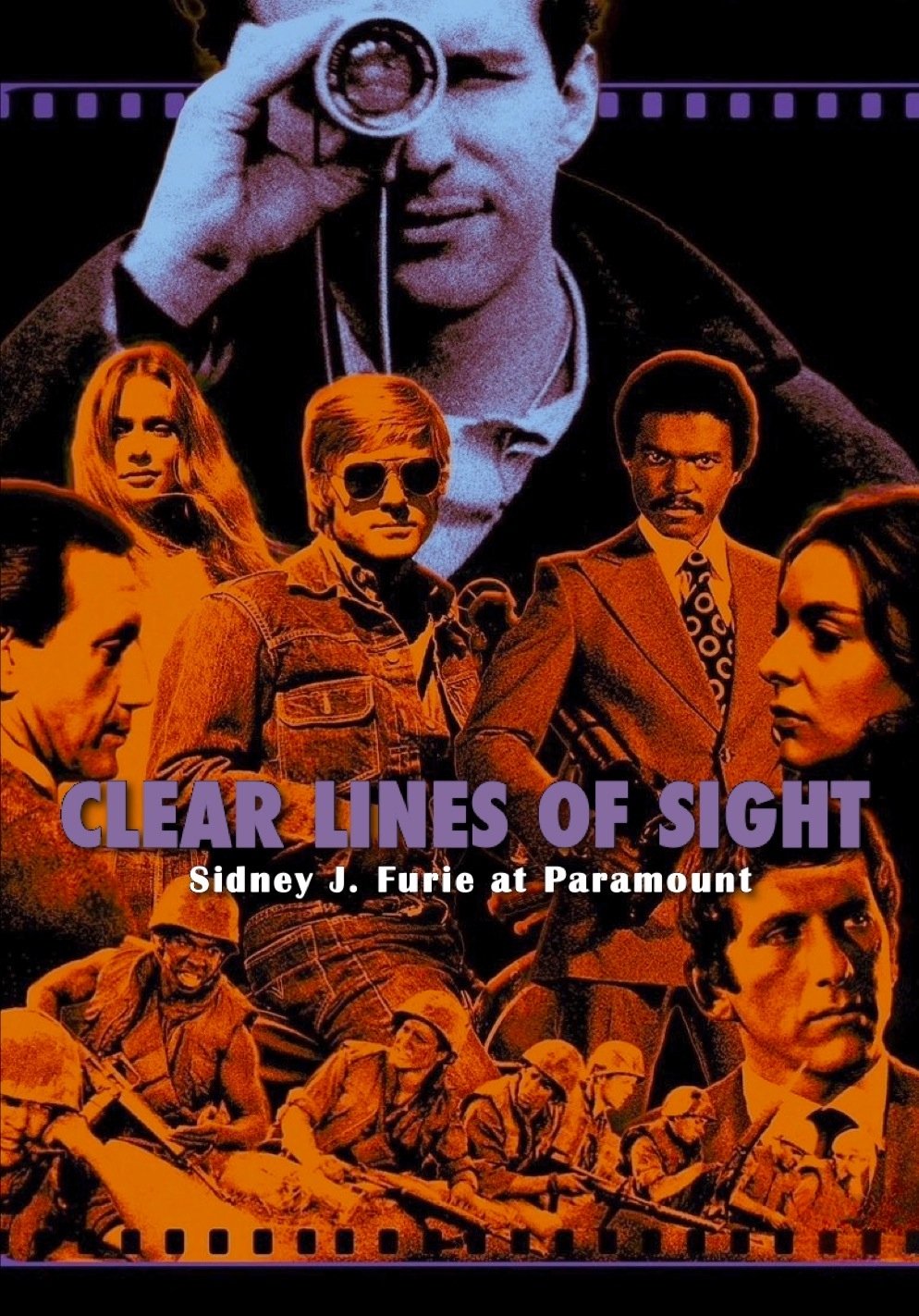
Canadian-born filmmaker Sidney J. Furie made his name with British...
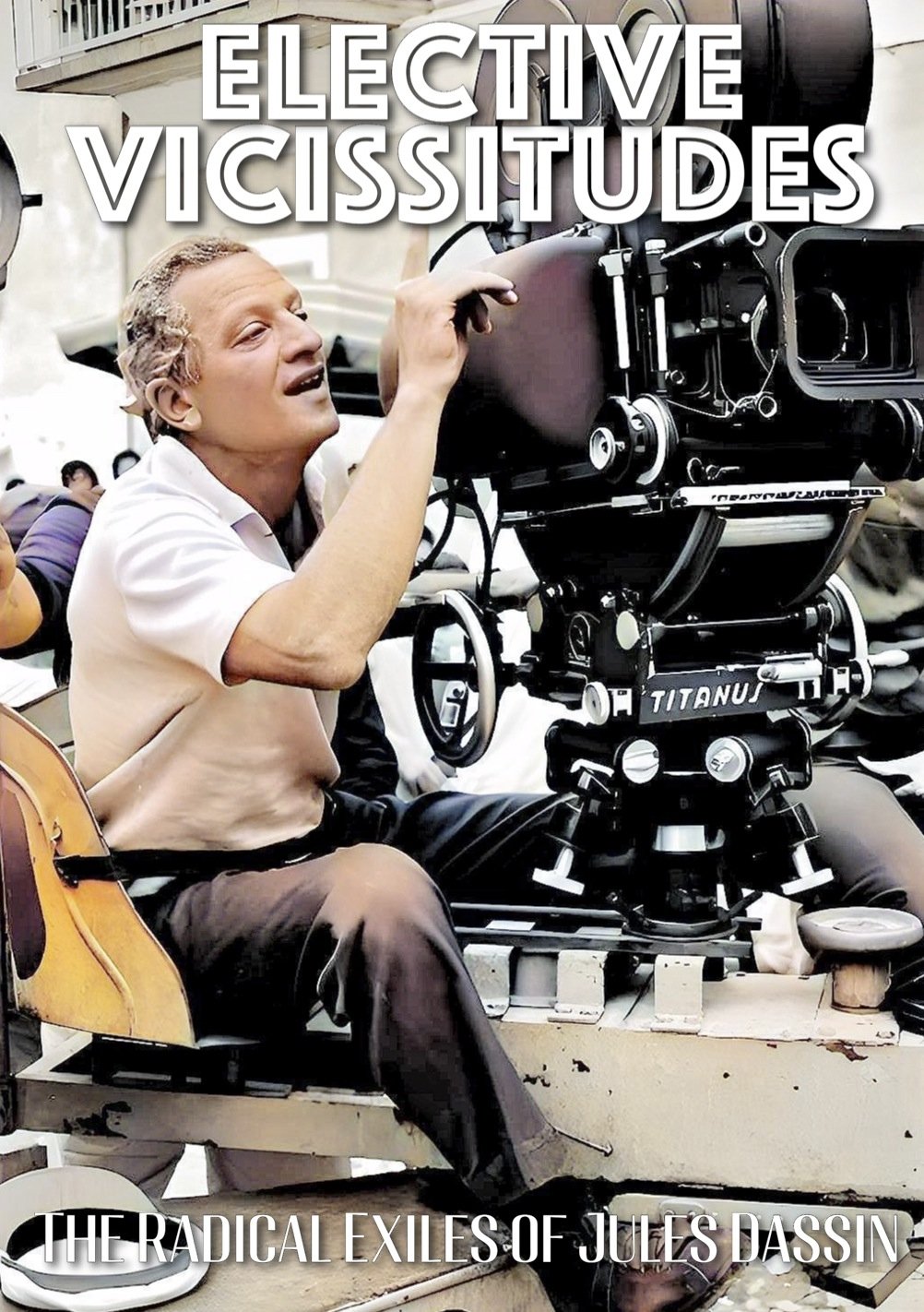
In 1968, filmmaker Jules Dassin collaborated with Ruby Dee and...
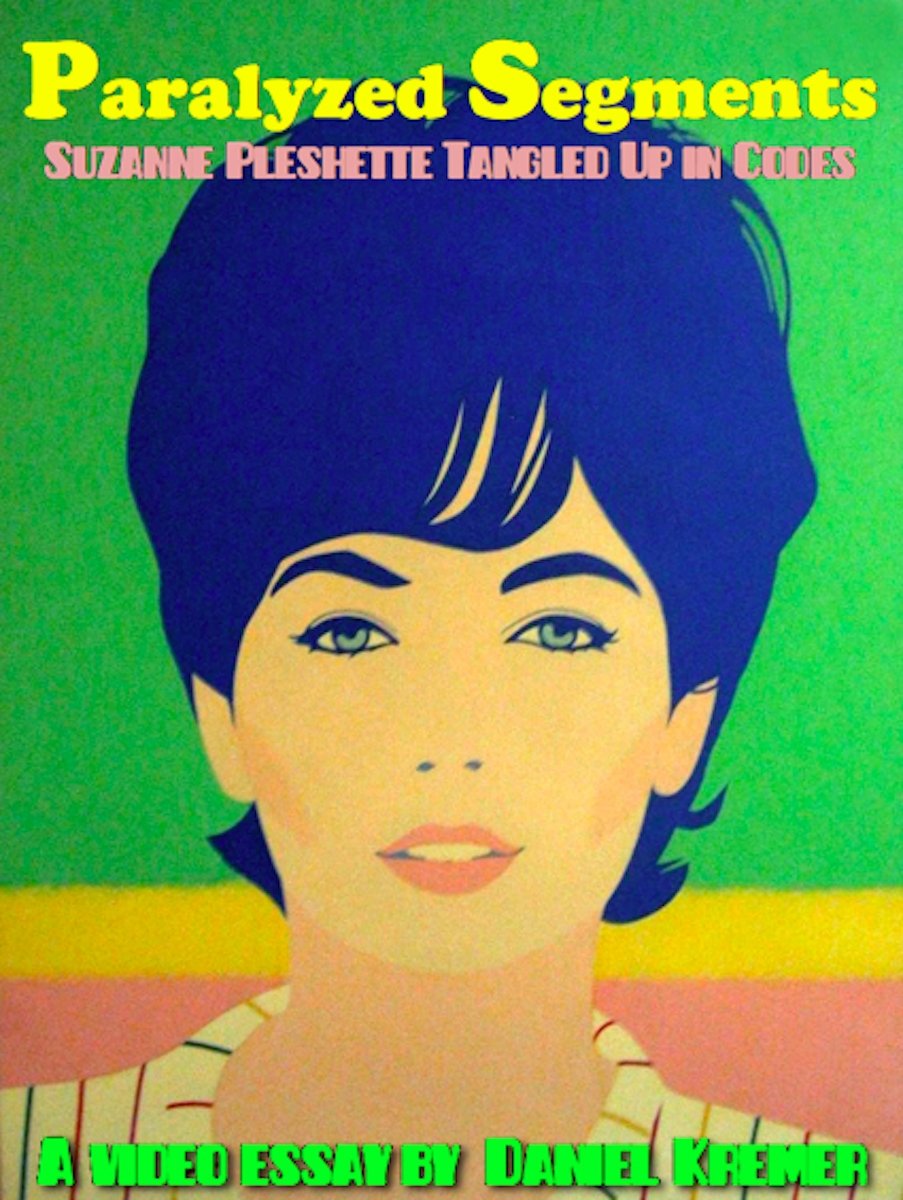
A video essay about fifties and early sixties social and...

Between One Eyed Jacks (1961) and The Godfather (1972), Marlon...